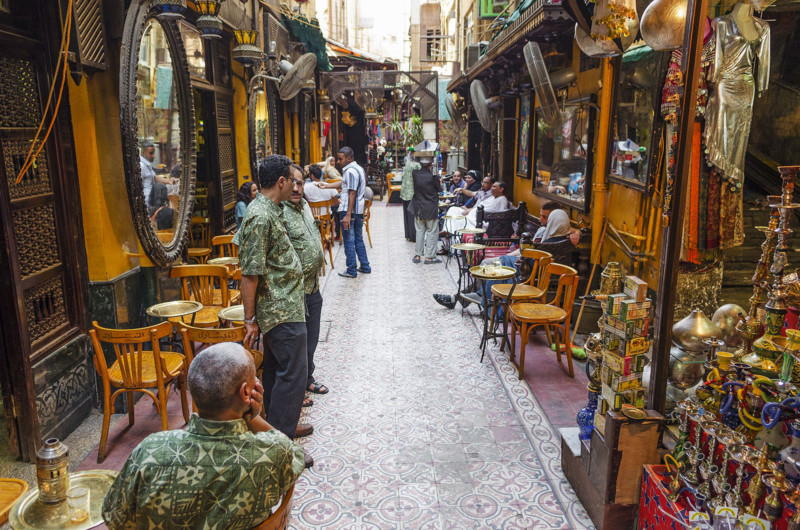Egypt to Ban Photography That is ‘Offensive to the Country’
![]()
Egypt is set to shift how it regulates photography in public spaces. On the one hand, it will ease restrictions on street photography, but on the other, it will criminalize taking photos that it deems are “offensive to the country.”
Regulated photography will be broken down into three types: personal photography, foreign media, and cinematography permits.
In a shift, Egypt will not longer require permits for personal street photography. Photography by tourists is allowed with either film or digital cameras (as well as video cameras) without the requirement for a permit or a payment of fees. In an interview, the Minister of Tourism and Antiquities Khaled El-Enani stressed that “no one will be allowed to ask you why you are filming in public,” according to a report from Egyptian Streets.
Foreign media, however — which includes foreign correspondents and news photography — must get a permit which will be granted within 10 days of request. For cinematography permits, Egypt’s government says it will set up a digital platform that will serve as the place to apply and receive the necessary permissions.

While not all types of photography will require a permit, one new stipulation stands out: capturing photos or videos of scenes that are deemed “offensive to the country” will become illegal. What constitutes “offensive” has not been well described, but the government says that photography of children is not permitted and citizens can only be photographed if they have given written consent.
The word “offensive” can be translated as “unflattering” as well, and appears to be aimed at preventing photographs of unsightly scenes like trash.
It doesn’t sound as though the details have been finalized as El-Enani says it will be further discussed with other ministers before the law takes effect. If the language in the final law is left vague, it could be troublesome for photographers as it could be used by police and government officials to criminalize photography of any number of scenes that they arbitrarily determine makes the country look bad.
The changes in the law are apparently in response to the experience of American food Blogger Sonny Side, who in April published a video where he says “Egypt is one of worst places for filmmakers.” That video has been watched over six million times.
He and others have reportedly been mistreated by Egyptian police and security personnel who confiscate cameras and film equipment from people on the streets regardless of the status of their permits. In 2017, photographer Belal Darder was sentenced to 15 years in prison for taking photographs in the country.
El-Enani’s new laws are supposed to ease restrictions and he has said that personal travel photography “is the type of photography we want to encourage.”
Image credits: Photos licensed via Depositphotos.